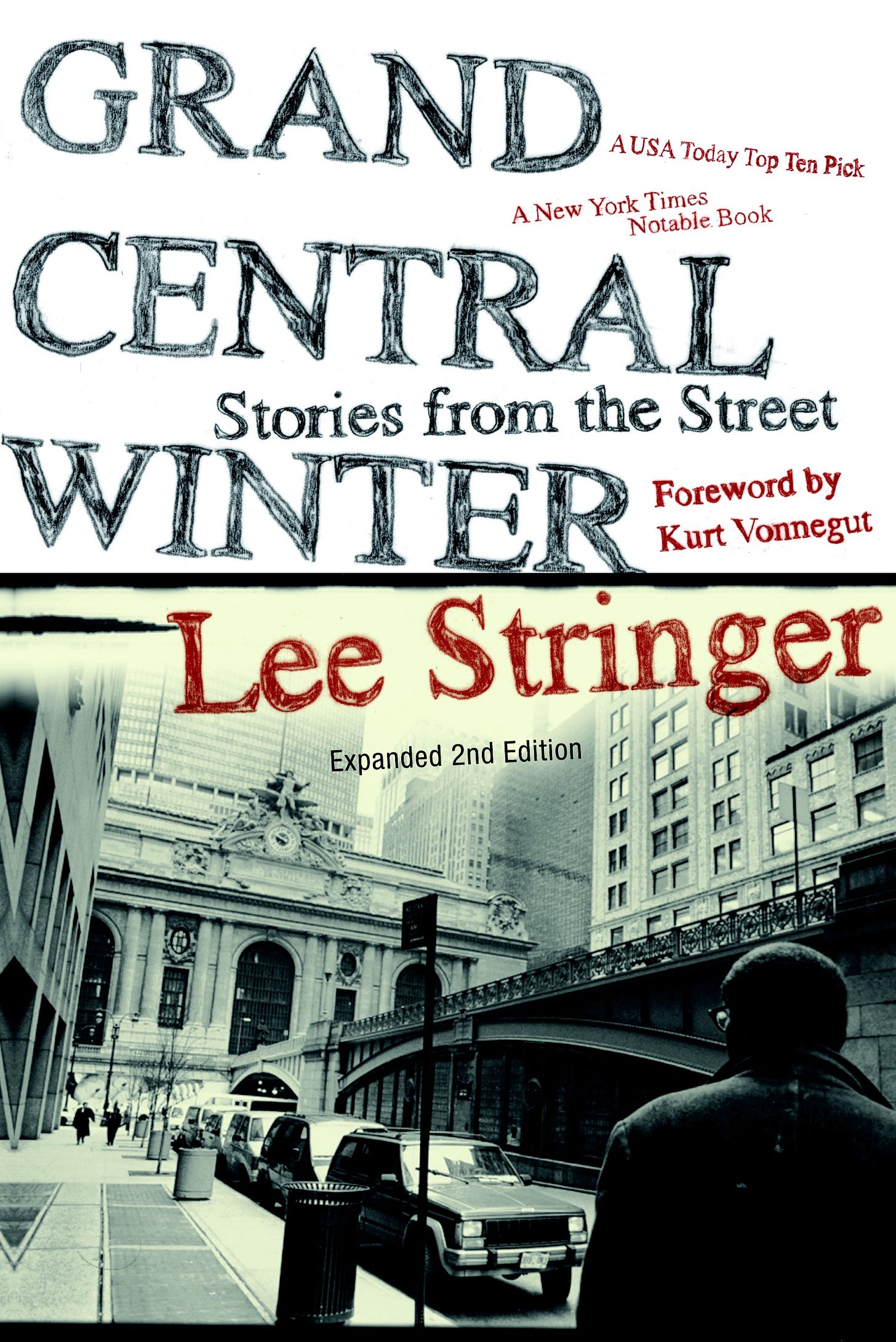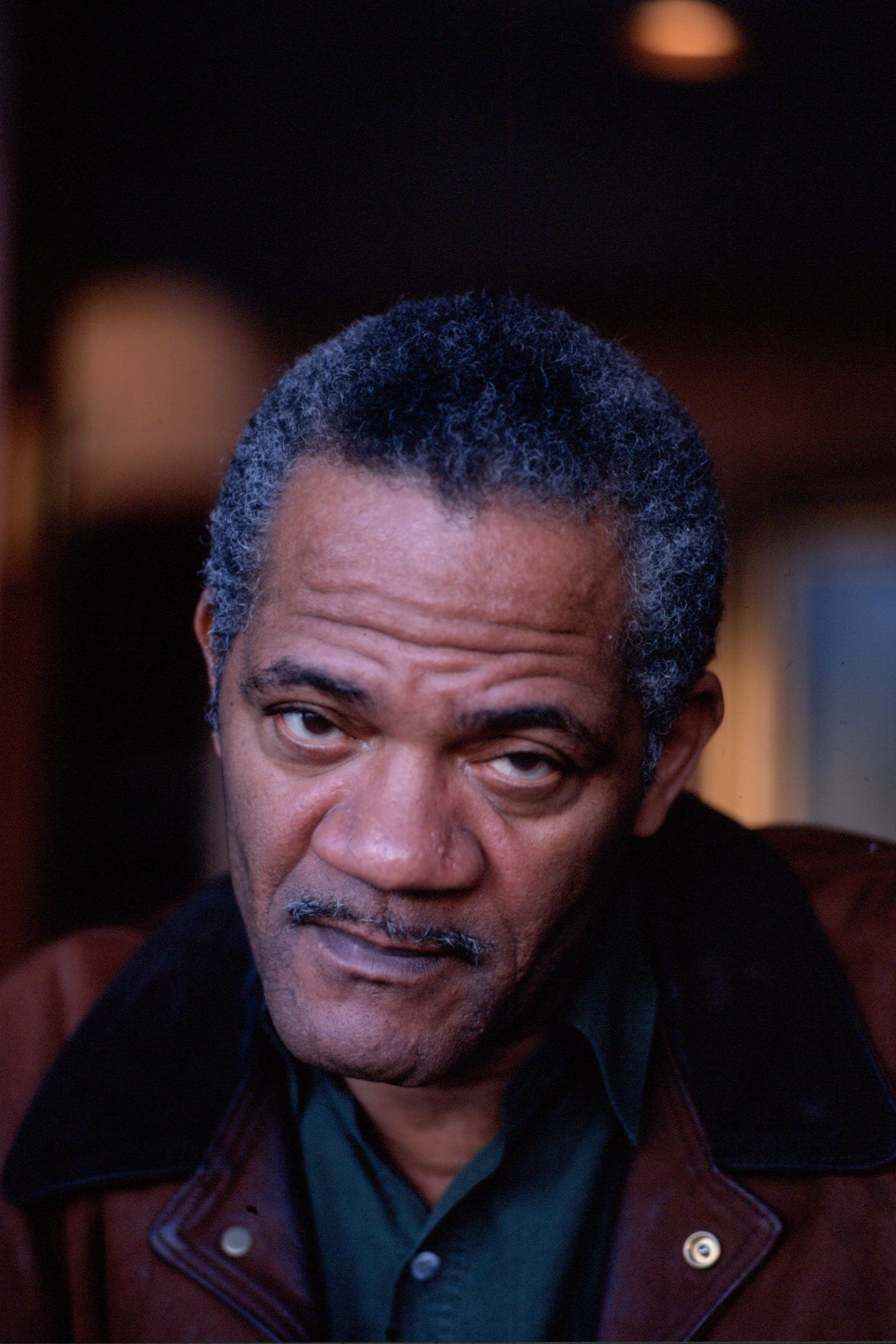How To Survive
About my indomitable friend Lee and what happens to the writers you don't see on the picket line
The other week, I mentioned hearing about the subway chokehold death right after I’d had lunch with a friend who’d once lived in a platform. We’ll be hearing more about that chokehold soon. Right now, I’d like to tell you about my friend.
His name is Lee Stringer. I met Lee about 30 years ago when I was researching a novel called THE INTRUDER. It’s about a family on the Upper West Side that gets stalked by a homeless man who believes they’ve stolen the life he was meant to have. But the twist is much of the book is from the homeless guy’s point of view.
I did some of the research by working at a homeless shelter for a year and visiting the residences of the “mole people” who lived in the train tunnels under Riverside Park. But the more important contribution came from Lee. I met him through my friend Janet Wickenhaver, who was the editor of Street News at the time. Lee was one of her star writers. He was also sleeping under a desk at the office, which was several steps up from his old address - a storage compartment in a Grand Central Station platform, where he’d smoke crack and occasionally write things down with the pencil he used to pry extra resin from his pipe.
Within two minutes of meeting Lee, I knew he was someone special. The initial vibe was a bit like William Powell playing the dignified hobo in My Man Godfrey, a nobleman getting through hard times with a wry humor and stoicism. He never asked for sympathy or spare change. Instead he offered his stories and insights free of charge. He gave me the key to escape the cage of liberal condescension, so I could at least begin to imagine how just about anyone could end up on the street.
I’m not going to tell you much more of Lee’s story; he can do it better himself. Because unlike 99.99 percent of the human race, Lee didn’t just dream about writing a book. He figured out how to plant his ass in a seat and write the damn book. His first one was called Grand Central Winter and if you haven’t read it, you should. Kurt Vonnegut compared Lee to Jack London and even Oprah gave him a nod. It’s something better than an inspirational tome; it’s readable, as well as being funny poignant. It sold in multiple countries and helped Lee get out from under that desk and into an apartment.
He's written other books since then and has helped a lot of people facilitating writers’ workshops at the Cedar Knolls Academy in Hawthorne, which he attended in his youth, and consulting at Project Renewal, where he bested his worst habits in recovery. He also memorably appeared in an episode of CBS’s BLUE BLOODS, written by moi, called “Unbearable Loss.” But the pandemic was rough on him. The work went away and Lee was diagnosed in mid-2021 with something called “smoldering myeloma.” If someone offers it to you, just say no. Especially if it comes paired with a prostate cancer diagnosis.
But there’s something indomitable in Lee, and part of it is the loyalty he inspires in the people who know him. His friend and publisher Dan Simon, who runs Seven Stories Press, was able to hunt down specialists at a clinic in Little Rock, Arkansas and then, improbably and heroically, was able to get Lee there without proper identification in order. Even more improbably, Lee responded well to a regimen of five different chemotherapies, kept breathing through the onslaught of COPD respiratory problems, and was basically the same funny debonair guy when we had lunch in Westchester a few weeks back.
I know for a fact that he’s not thrilled that there’s a GoFundMe to help him deal with bills that piled up when he was fighting for his life. https://gofund.me/a9e6a16b. He’s a proud, self-sufficient man. Unlike a lot of better-off people I know, Lee has never gotten “T.Rex arms” that can’t reach out when a check hits the table. As usual, I had to tell him to put his wallet away when we finished our lunch.
But the truth is, Lee is far from being the only writer who has to hustle to make a living nowadays. We hear a lot about the decline in median income for film and television writers that’s motivated the current strike against corporate content producers. I’m lucky enough to be one of those who made a decent living before joining the picket line. But I’m also part of an organization called the Authors League Fund, which offers emergency assistance to authors, poets, critics, journalists, and other qualified writers who find themselves up against it financially in the face of health problems, eviction notices and other devastating life circumstances. I’m not liberty to share many details, but suffice to say you’d be surprised how many names you’d recognize among our applicants and how desperate their needs can be.
https://authorsleaguefund.org/
Now I can imagine somebody saying So what? I got laid off from my job as a welder and no one’s starting a fund to help me pay my bills. And you’d be right. As John O’Hara said, an artist is his own fault (or hers or whatever). It’s a voluntary job, and most people sincerely don’t care if another book ever gets published. They’d rather be watching Netflix or, these days, spending time on TikTok.
But speaking just for me, I don’t want to live in a country that lets its authors fall by the wayside when they hit hard times. Because their stories were there when I needed them, and some day somebody else may need them as well.






I met Lee at a Library conference in Tarrytown. He was being given an award. I was seated next to him and was enthralled and horrified by his story.
Yeah, you had me Lee. Just captures ya.